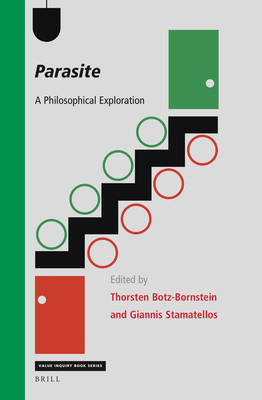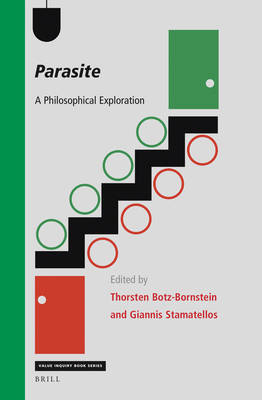
- Afhalen na 1 uur in een winkel met voorraad
- Gratis thuislevering in België vanaf € 30
- Ruim aanbod met 7 miljoen producten
- Afhalen na 1 uur in een winkel met voorraad
- Gratis thuislevering in België vanaf € 30
- Ruim aanbod met 7 miljoen producten
Zoeken
Parasite: A Philosophical Exploration
€ 210,95
+ 421 punten
Omschrijving
Parasite is a philosophically interesting film because it presents the ethico-biological problem of parasitism in a metaphorical and artistic fashion. Michel Serres, in his book called The Parasite, holds that parasites are not in fact useless, but that they establish communications between different spheres and are thus able to transform large-scale organisms. Parasites import coincidences, activate defence systems, and establish new links with the host. In this book, philosophers explore the film from various angles: using the ancient satirist Lucian's De Parasito, Nietzsche's concept of "the vengeance of the weak," Dostoyevsky's "underground," Marxism, and many more.
Specificaties
Betrokkenen
- Uitgeverij:
Inhoud
- Aantal bladzijden:
- 224
- Taal:
- Engels
- Reeks:
- Reeksnummer:
- nr. 377
Eigenschappen
- Productcode (EAN):
- 9789004515628
- Verschijningsdatum:
- 4/08/2022
- Uitvoering:
- Hardcover
- Formaat:
- Genaaid
- Afmetingen:
- 155 mm x 235 mm
- Gewicht:
- 497 g

Alleen bij Standaard Boekhandel
+ 421 punten op je klantenkaart van Standaard Boekhandel
Beoordelingen
We publiceren alleen reviews die voldoen aan de voorwaarden voor reviews. Bekijk onze voorwaarden voor reviews.







